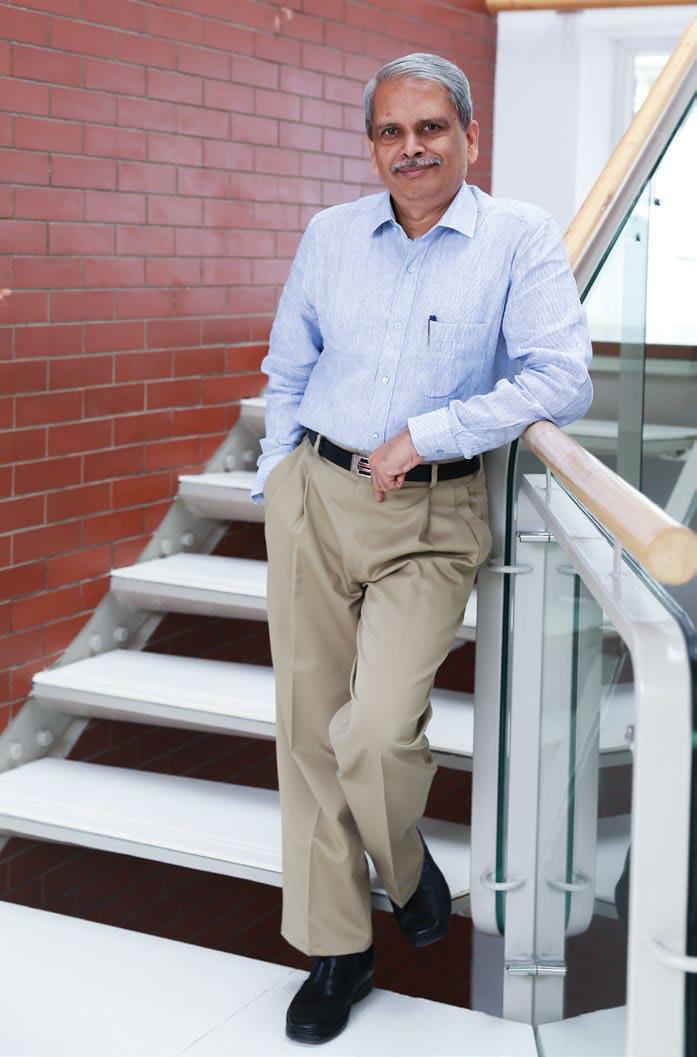Intentar ORO - Gratis
The focus must shift to preventive, primary care'
Forbes India
|November 28, 2025
Infosys co-founder Kris Gopalakrishnan on the need to put pressure on businesses to offer the right products and solutions in health care

Kris Gopalakrishnan, co-founder and former CEO of Infosys, and chairman of Axilor Ventures, speaks with Forbes India in his capacity as a key patron of the Longevity India initiative at the Indian Institute of Science, where he is helping shape India’s ageing research agenda through strategic investments in infrastructure and science. Edited excerpts:
Q How can India rethink its health care approach to support longer, healthier lives?
This means shifting the focus from curative to preventive care. Today, we think of doctors or hospitals only when we're unwell. But by then, it may be too late. In fact, 70 percent of health care spending happens in the last three years of a person's life—when it's clear that the person is nearing the end.
The focus must shift to preventive, primary care. Right now, we don't have a strong concept of primary care clinics. There are government-run clinics; Kerala does a good job, but many other states don't.
This also means we need to start talking about things like sugar content in food, balanced diets, processed versus unprocessed foods, and so on. There's a lot of work to be done. And it all has to start with science—with research—and then move to market. We need to create awareness, and put pressure on businesses to offer the right products and solutions. Many new startups too are emerging, focussed on healthy living.
There's also renewed interest in India's traditional medicine systems, which are holistic and wellness-based. So, integrated medicine—the concept of combining traditional and modern approaches—is also important. Understanding the role of traditional systems like ayurveda along with practices like yoga, is essential. But a lot of work still needs to be done. It must be evidence-based, grounded in science, and followed by businesses that actually implement these practices.
Esta historia es de la edición November 28, 2025 de Forbes India.
Suscríbete a Magzter GOLD para acceder a miles de historias premium seleccionadas y a más de 9000 revistas y periódicos.
¿Ya eres suscriptor? Iniciar sesión
Listen
Translate
Change font size

